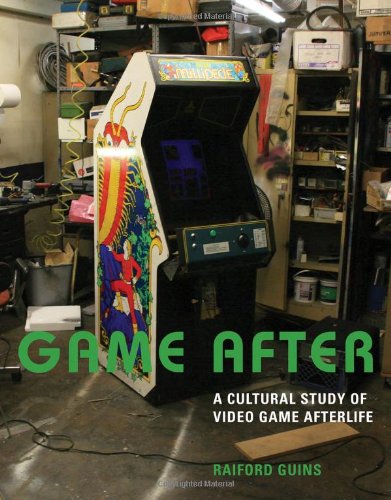

Most ebook files are in PDF format, so you can easily read them using various software such as Foxit Reader or directly on the Google Chrome browser.
Some ebook files are released by publishers in other formats such as .awz, .mobi, .epub, .fb2, etc. You may need to install specific software to read these formats on mobile/PC, such as Calibre.
Please read the tutorial at this link: https://ebookbell.com/faq
We offer FREE conversion to the popular formats you request; however, this may take some time. Therefore, right after payment, please email us, and we will try to provide the service as quickly as possible.
For some exceptional file formats or broken links (if any), please refrain from opening any disputes. Instead, email us first, and we will try to assist within a maximum of 6 hours.
EbookBell Team

0.0
0 reviewsWe purchase video games to play them, not to save them. What happens to video games when they are out of date, broken, nonfunctional, or obsolete? Should a game be considered an "ex-game" if it exists only as emulation, as an artifact in museum displays, in an archival box, or at the bottom of a landfill? In Game After, Raiford Guins focuses on video games not as hermetically sealed within time capsules of the past but on their material remains: how and where video games persist in the present. Guins meticulously investigates the complex life cycles of video games, to show how their meanings, uses, and values shift in an afterlife of disposal, ruins and remains, museums, archives, and private collections.
Guins looks closely at video games as museum objects, discussing the recontextualization of the Pong and Brown Box prototypes and engaging with curatorial and archival practices across a range of cultural institutions; aging coin-op arcade cabinets; the documentation role of game cartridge artwork and packaging; the journey of a game from flawed product to trash to memorialized relic, as seen in the history of Atari's infamous E.T. The Extra-Terrestrial; and conservation, restoration, and re-creation stories told by experts including Van Burnham, Gene Lewin, and Peter Takacs.
The afterlife of video games -- whether behind glass in display cases or recreated as an iPad app -- offers a new way to explore the diverse topography of game history.